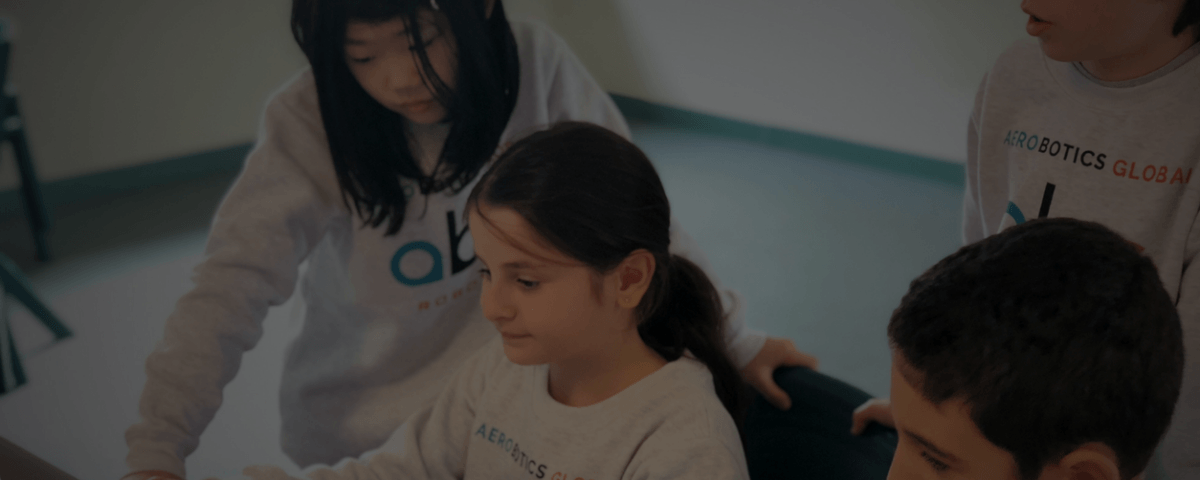In 20th CE, Robotics has become so advance that now it is implemented in all fields – from agricultural to medical field. Every big organization are working hard in the field of robotics and coding to make their technology advance and our living comfortable. Today the world is full of technology, and young students are so curious about it. Many parents are not sure whether they should introduce their child with technology at an early childhood or not, but this is the perfect time to introduce them with robotics and coding field, as it itself is not a single field but have a multiple branches like :- mechanical, electrical, computer etc. Here are the benefits of robotics why you should introduce it in early childhood.
4 Key Benefits Of Introducing Robotics At Early Age:
Robotics and Coding in early childhood Build Self-Confidence
Robotics and coding interactive sessions means engaging your child with the robotics. Learning how to program your own virtual robot, will encourage and allow them think differently. It will help them to identify a problem, imagine and plan a solution. It also develops collaborative social skills around a shared project.
Robotics and Coding Clears the concepts of Science and Mathematics
The benefit of learning Robotics and coding in early childhood is that it clears the concept in Science and Mathematics. It also helps in developing their interest in many subjects like mathematics, engineering, science and technology which can lead to innovation. Apart from STEM, it also teaches them teamwork, problem-solving, and collaboration.
Your child will understand the concepts of tension and force when they choose the materials used in the robot. They will observe different geometric shapes in the robot and will put them together. As a learner, they will prepare themselves to be the future problem solvers and innovators.
Robotics and Coding Introduce them to Engineering Design process
Engineering design means “study of aesthetics and utility of items in our daily lives”. According to (Museum of Science, Boston 2018) there are 5 different steps for the engineering to design for elementary process which are:
- Ask— to identify the problem and other solutions
- Imagine—to brainstorm and select a solution to test
- Plan—to specify the design and materials
- Create—to make and test a model
- Improve—to ask how the design can be even better and start the cycle again
It includes several cycles of improving their plans and models. The engineering design process is finding a problem, imagining and planning, creating, and improving. It enables the educators to engage young child’s minds in solving real problems. It also demonstrate the learning which includes testing, revising, and help kids to explore a wide range of STEM topics.
Robotics and Coding makes them realise their passions.
It is amazing to watch students passion growing in subjects of robotics and coding. They never knew they would love it in their early childhood. Many students have developed their interest in this field. You can watch these students building their own learning pathways. Robotics offers them an open platform where they can decide where to go with their experiments.
In this growing world kids are getting advance. They are not only developing their skill and creativity in this field but also think about their future in it. The best technology experiences for kids are: technology playgrounds, filled with creativity, exploration, and social engagement.
Conclusion:
As a parent, it is good to guide your child and introduce them with technology. Don’t force them, let them choose their field on their own. To know your child better it is very important to listen to them like their hobbies, interest, etc. Communicate with them on a daily basis to create a healthy, social and emotional relationship.
If they are interested in this field they will take an interest. They will start imagining in it and will have the curiosity to make, achieve and know more about it. Robotics and coding is not about building and playing with robots but it’s also about designing, programming and modify them, from the root of the problems to overcome the challenges.
Every kid is different from another and have different set of goals and capabilities. On the basis of that, ABG puts effort on every child to help them to achieve their goal. We not only introduce your child to robotics and coding but will also clear the basic concepts of STEM. Our trainers educate your child to develop their IQ, emotional intelligence quotient (EQ) and social intelligence quotient (SQ) as well.
Enroll your child with our online classes, where our trainers will explore their skills and help them to make their future bright.
Talk To Us



